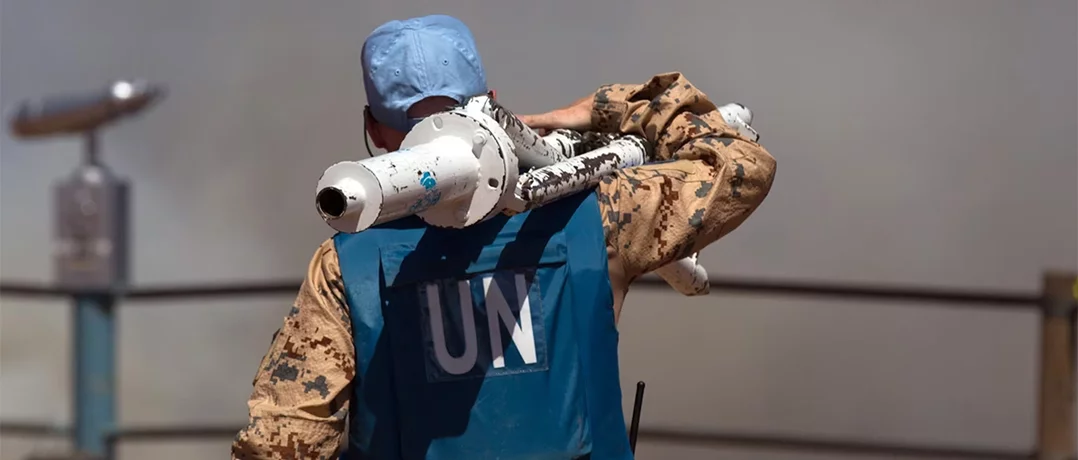US proposes international Gaza force to enforce ceasefire, disarm militants, and stabilize security environment.
US Gaza security force resolution seeks international mandate
US Gaza security force resolution seeks international mandate


After completing the first phase of the Gaza Peace Plan outlined in late September 2025, the United States is now pushing to advance an essential issue in the plan’s provisions: the deployment of a multinational stabilizing force to the Gaza Strip to uphold the US-brokered ceasefire deal.
However, any proposals could fail to materialize if one condition has not been met: international approval. This stance was evident during US Secretary of State Marco Rubio’s visit to Israel last month, during which he claimed that some of the potential participants would only join the force if it had “some sort of international mandate,” adding that this could take the form of a UN resolution or an “international agreement.” From here, Washington has prepared a draft resolution for the establishment of the aforementioned force.
What is the proposed resolution?
The United States has recently sent a draft resolution for the establishment of an International Security Force (ISF) in Gaza to several members United Nations Security Council (UNSC).
The proposal mentions that the ISF will be an enforcement force, rather than a peacekeeping one, for 2 years. It will involve troops from several participating countries and be established in “under unified command acceptable to the Board of Peace,” which will remain at least through the end of 2027, according to the draft resolution. It will also be “in close consultation and cooperation with Egypt and Israel,” both directly and critically impacted by the situation in Gaza. However, American troops would not be part of the force on the ground, instead operating in a coordination role outside of the Strip.
Aside from protecting civilians and humanitarian corridors, and training a new Palestinian police force, the ISF would also “stabilize the security environment in Gaza by ensuring the process of demilitarizing the Gaza Strip, including the destruction and prevention of rebuilding of military, terror, and offensive infrastructure, as well as the permanent decommissioning of weapons from non-state armed groups.” This entails the disarmament of Hamas and other groups, such as Palestinian Islamic Jihad (PIJ).
Contentious issues in the draft resolution
Numerous countries, especially Muslim-majority ones, have offered to participate in the ISF, which entails sending their troops on the ground. Such states include Indonesia, Azerbaijan, Egypt and Turkey. However, some of them have raised certain conditions for their contribution.
The first condition is the nature of the ISF’s mission, meaning that if the proposed task force falls under UN Chapter VI or Chapter VII. As outlined earlier, the resolution, so far, calls for an enforcement force (which brings it closer to the latter Chapter). However, several states, including Turkey, have signaled their objection, calling instead for a peacekeeping force (in alignment with Chapter VI). During a meeting in Istanbul earlier this week, Turkish Foreign Minister Hakan Fidan claimed that “The countries will shape their decisions based on the mission and authority of the International Stabilization Force. I believe that if the mission conflicts with the principles and policies of the countries that will send troops, it will be difficult for these countries to send troops.”
The second condition is the United Nations mandate for the suggested task force. This is crucial to ensure global approval, legitimacy and compliance. The matter has prompted US Ambassador to the UN, Mike Waltz, with Palestinian Authority (PA) diplomats in New York to discuss the draft resolution, a rare engagement between Washington and the PA on plans for post-war Gaza (which Israel opposes).


